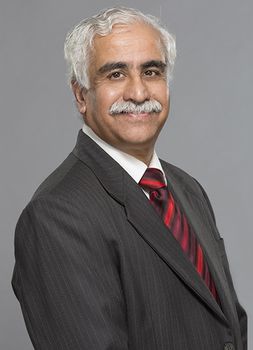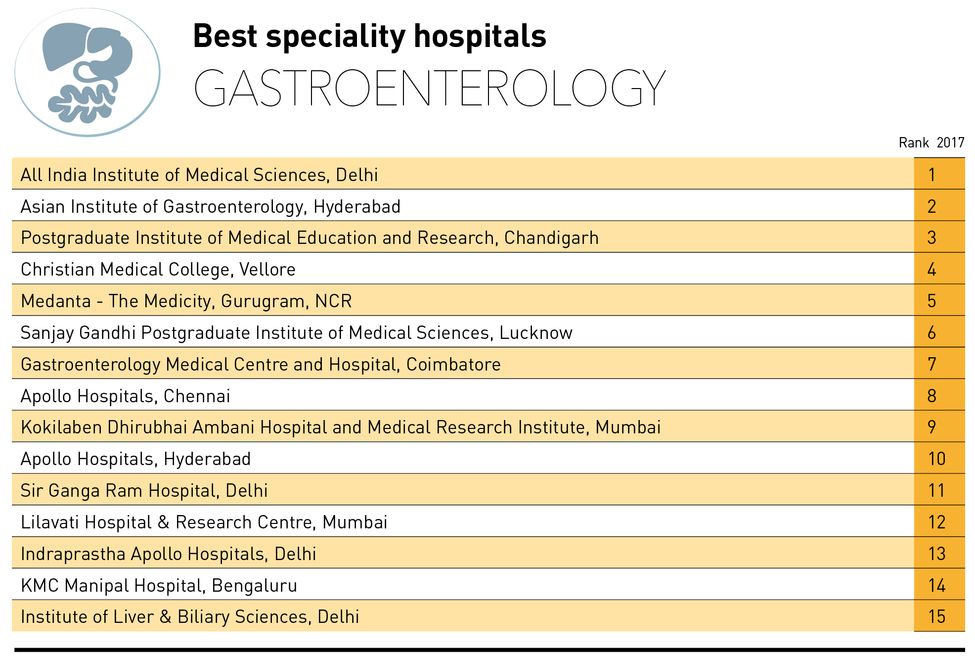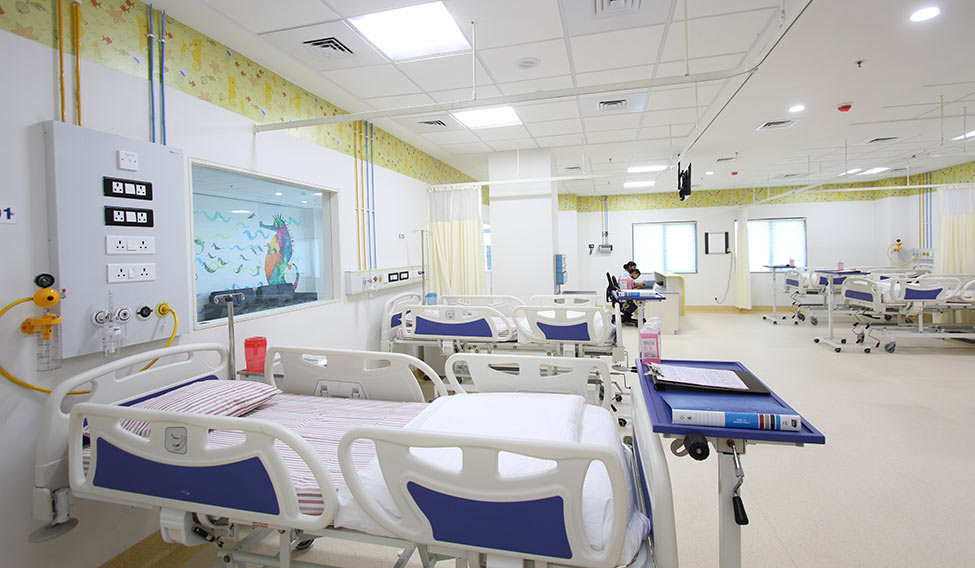In India about 2.6 crore children are born each year. About 12.7 lakh die before they reach their fifth birthday. More than 50 per cent of these children die from preventable or treatable infections such as pneumonia and diarrhoea. Despite our economic progress, our health care lags poorer neighbours such as Nepal, Bangladesh and Bhutan, and even African countries such as Rwanda and Botswana.
Health care services in India are often not available or are of poor quality. And, often, people don't use the available services. For the quality of care to improve, we need to work on three aspects—the structure, the process and the outcome. The structure relates to the building of physical infrastructure—clinics and hospitals. The process ensures that health care (doctors, nurses and support staff) is delivered in an efficient manner. And, the outcome is measured in terms of not only the number of patients successfully treated, but also patient satisfaction.
More than half the children who die before the age of five do so because of neonatal factors. The most effective way to prevent this is to provide good prenatal care, and safe maternity and neonatal services. Data shows that 25 per cent of deliveries still take place at home. Only two of 10 home deliveries are conducted by a trained birth attendant. And, with low birthweight, infection and birth asphyxia accounting for 35 per cent, 33 per cent and 20 per cent of newborn deaths, it is clear that mothers and newborns need hygienic and safe delivery practices.
It is also critical that high-risk deliveries be transferred to larger referral institutions. Studies have shown that neonatal mortality rates are significantly lower in institutions that deliver more than 1,000 babies a year. Mother and child hospitals have been highly successful in ensuring safe care at relatively low costs, and establishing a chain of these centres is the need of the hour.
The Boston Children’s Hospital, the world’s foremost paediatric hospital, says children need health care focused on their unique needs, and delivered in a child-centric, healing environment. Children’s hospitals are designed with children in mind, and have specialists and technology not found in general hospitals. India has a population of 1.34 billion, with 29 per cent under the age of 14 years and 10 per cent under five. Yet, in India, there are few children’s hospitals. Well known private children’s hospitals include Rainbow Hospitals, Hyderabad and Apollo Children’s Hospitals, Chennai. A new multispeciality project is the SRCC Children’s Hospital in Mumbai, managed by Narayana Health.
Though many general hospitals are geared to provide care for children, they lack the expertise to manage complex illnesses. Also, government medical infrastructure is unable to cope with the demands of complex care. In the years ahead, it is likely that there will be a great demand for speciality paediatric hospitals in India.
With smaller families and an upwardly mobile India, young parents expect the best care for their children. Families are now willing to travel and spend a lot for complex medical illnesses, aided by enhanced medical insurance covers. It is now time to fulfil our commitment to our children.
The writer is senior consultant, paediatric medicine, SRCC Children’s Hospital, managed by Narayana Health, Mumbai
 Dr Naresh Bhat
Dr Naresh Bhat
INNOVATION
Instrumental change
Gastroenterology has seen major technological advances. Endoscopes make it easy to see the entire tract. Capsule endoscope has opened up the small intestine, too, for evaluation. Exciting developments like narrow band imaging, magnification endoscopy and endocytoscopy have revolutionised the very early detection of cancer, much before any symptoms are noted. This has led to endoscopic removal of superficial early cancers, without sacrificing the organ—some of it as day care.
Molecular techniques are harnessed for more accurate diagnosis, and monoclonal antibodies are used for specific targets routinely in inflammatory bowel disease and some cancers. All of these are available in India. The largely ignored intestine bacteria are now recognised to be a major player in many systemic diseases, and treatments like stool transplant are being done.
Dr Naresh Bhat
Chief of gastroenterology and chief of medical services, Aster CMI Hospital






